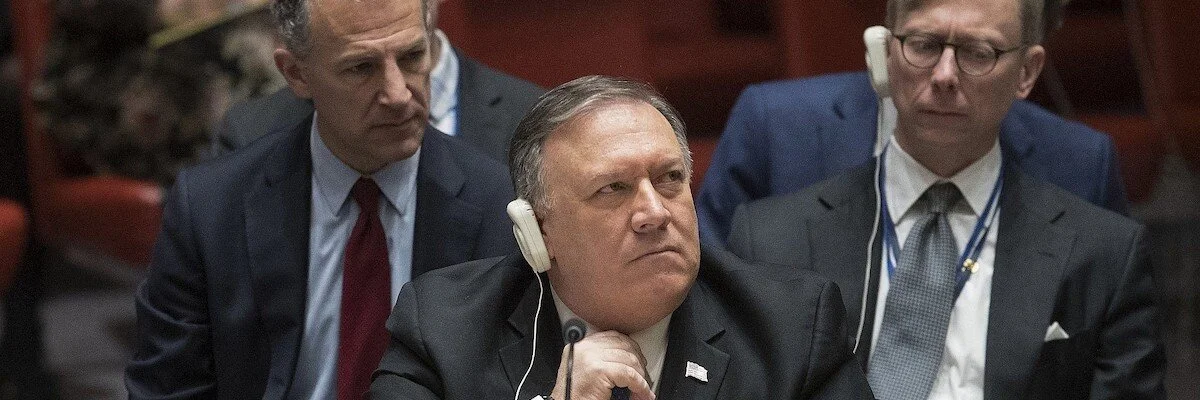Iran Says Still in First Wave of Virus Outbreak
Iran's coronavirus epidemic is still in its first wave, the government said Tuesday as it announced nearly 150 new deaths a day after reporting a record high daily toll.
The Islamic republic has struggled to contain COVID-19 since it reported its first cases—two deaths—in the Shiite holy city of Qom in late February.
Official figures have shown a rising trajectory in new confirmed cases since early May, when Iran hit a near two-month low in daily recorded infections.
But officials have repeatedly denied the upward trend amounts to a second wave.
"The coronavirus is currently peaking in border provinces or cities which did not experience a peak in the first months of the outbreak," health ministry spokeswoman Sima Sadat Lari said on Tuesday.
"Therefore, we're still witnessing the first wave in the country," she said, quoted by state news agency IRNA.
Lari said Iran would only have a second wave if there was another rise in cases in provinces that "had a significant peak" when the first cases were declared.
Iran recorded 162 deaths from the novel coronavirus on Monday, its highest figure for a single day since the start of the outbreak on February 19.
Lari on Tuesday reported 147 new fatalities, raising overall deaths to 10,817.
She also raised the country's COVID-19 caseload to 227,662, with 2,457 new infections in the past 24 hours.
Vaccine in Making
Authorities have so far refrained from enforcing full lockdowns to stop the pandemic's spread and the use of masks and protective equipment has been optional in most areas.
Iran closed schools, cancelled public events and banned movement between its 31 provinces in March, but the government gradually lifted restrictions from April to try to reopen its sanctions-hit economy.
The increasing virus caseload has seen some previously largely unscathed provinces classified as "red"—the highest level on Iran's color-coded risk scale—with authorities allowed to reimpose restrictive measures if required.
They include Bushehr, Hormozgan, Kermanshah, Khuzestan, Khorasan Razavi, Kurdistan, and West and East Azerbaijan, all located along Iran's borders.
Iran has announced that wearing masks will be made mandatory in covered public spaces as of next week.
Authorities have for weeks been urging citizens to use protective equipment.
"Our attempts so far have been to avoid entering the second wave" of the outbreak, government spokesman Ali Rabiei told a news conference on Tuesday.
"Considering the problems the coronavirus has created for the economy, we have no choice but to try to live healthily in co-existence with the virus every day," he added.
Iran's health minister Said Namaki said on Tuesday that a coronavirus vaccine in the making has "mostly passed animal models successfully" and that the country "will start human clinical trials soon.”
Phoro: IENA




